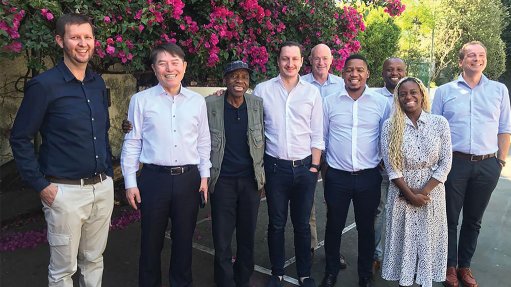
As a future-focussed company, Mitochondria Energy has ambitious plans to provide affordable, reliable and sustainable solutions to meet Africa’s energy needs. Mitochondria developed its energy solution, Project Phoenix, through a vast network of partners across the world.
Mitochondria provides bespoke energy software and energy services solutions, developing technologies along the hydrogen value chain to turn end-users into prosumers.
Mitochondria’s scalable 50 kW fuel cell system produces clean energy, enabling users to achieve net-zero goals. Partnering with an international organisation experienced in electrolyser technology, Mitochondria is creating an electrolyser system which generates hydrogen feedstock – ideal for mining and large-scale energy users.
Established in 2012, Mitochondria Energy is currently situated in Johannes-burg but by 2025 will be in its dedicated manufacturing facility in Vanderbijlpark, Vaal Triangle.
The Gauteng Growth and Development Agency has allocated 700 ha in its Vaal Special Economic Zone (SEZ) in Emfuleni for the development of hydrogen projects. The Mitochondria Hydrogen Valley Innovation Hub will be established in the Vaal SEZ, encompassing its Mitochondria Campus assembly facility for Mitochondria’s fuel cell.
75.5% of Mitochondria ownership is held by Sustainable Ethical Solutions Holdings, owned by founder and entrepreneur in the transition to a regenerative and sustainable future Mashudu Ramano. The residual 24.5% shareholding is held by the Industrial Development Corporation of South Africa.
Mitochondria has recently concluded its bankable feasibility study and is now entering into the industrialisation phase, developing pilots of its fuel cell to demonstrate its suitability in the African market. Working with organisations in the Western Cape, Eastern Cape and Gauteng, Mitochondria is using its technology to develop projects ranging from 1.5 MW in the pilot phase, scaling up to 10 MW.
Mitochondria projects are all developed with a view to stimulate economic growth in South Africa through beneficiation of minerals and localisation, equipping South Africans to participate in the global hydrogen economy.